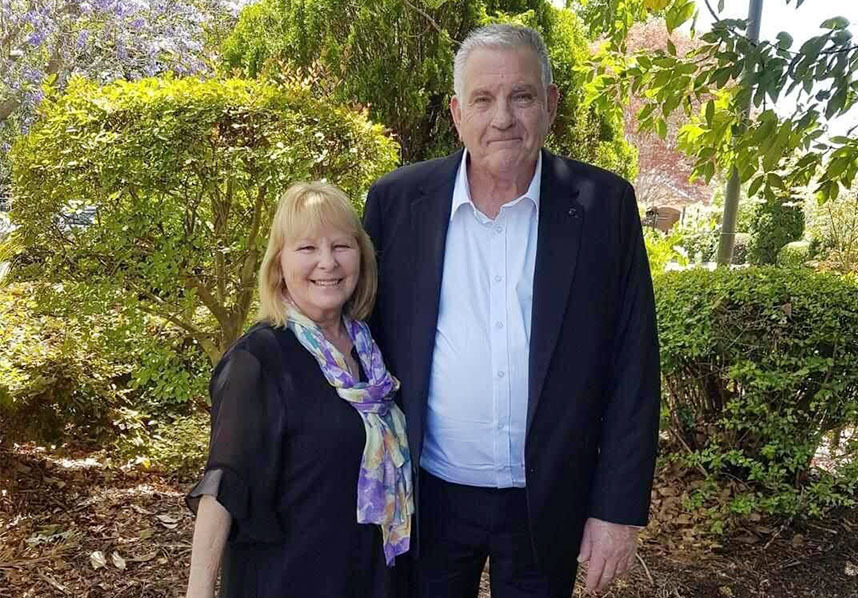Should you sell your investment property vacant? Or while it is still tenanted?

Should you sell your investment property vacant? Or while it is still tenanted?
Do you want to sell your investment property but not sure if you should sell with vacant possession, or with a sitting tenant? No worries, we’ve got you covered. Here are some advantages and disadvantages of both options.

Vacant
What is vacant possession in the first place? This means putting your property on the market while there is no one living in it.
Now, what are the advantages and disadvantages of selling with vacant possession?
Advantages
- It allows you more control over how the property is presented. In particular hiring a professional to “stage” the property could provide a huge boost to the property’s potential sale price.
- Aside from that, interested buyers, especially those who want to move in immediately, will think that they can easily do so, as soon as settlement occurs. This is because there is no existing tenant living there, which can cause delays to a buyer moving in.
- Access to the property for inspections, with less hassle, anytime they are required.
- A vacant or staged property can be more attractive to owner occupiers; it may even open up the market to more buyers, depending on the location and the type of property.
Disadvantages
- Loss of rent while vacant, during not only the length of the sale campaign, but also for the duration of the settlement period.
- This may cause you a financial strain, since no tenants means no income for you as well. This will be harder, especially if your property sits on the market for a long period of time.
- The property may be less appealing to investor buyers who would prefer a tenant already in place, and they can assess the type of tenant they would have while making their purchase decision.

Tenanted
Clearly, this means the exact opposite of what has been discussed above. A property with a sitting tenant means a property placed on the market while a tenant still lives there.
Let’s now find out its advantages and disadvantages.
Advantages
- Investor buyers will feel more enthusiastic knowing that the property already has secure and stable tenants.
- There would be no “staging” costs associated with styling a vacant property.
- You continue to have stable rental income for the duration of both the sale campaign and settlement period.
- Assuming the tenant is presenting the property to a decent standard, a furnished property will almost always present better than a vacant property.
- You avoid additional vacancy maintenance costs such as mowing which are taken care of by tenants.
Disadvantages
- Inspections may be harder to book for potential buyers, considering that there is a tenant that needs to be notified first before you can confirm with the buyer.
- Ultimately you have less control over how the property is presented. If your tenants happen to be a little untidy, or less than ideal with making the property look as attractive as you want it to be, this can have a negative impact on your buyers’ perception of the property.
- Owner occupiers may need to move in immediately, and a Fixed Lease could complicate matters or even make their desired move-in date impossible, thereby you could miss out on some buyers.

Still confused? Here are some more tips for you:
Discuss with your agent who are the target market buying groups for your property. Do you think it will attract more investors or owner-occupiers? Once you figure that out, it’s time to think about how long you can expect your property to be on the market. Will your sale campaign likely take 2 weeks, 4 weeks, 2 months, or longer? What are the usual settlement times in your market?
As outlined above you also need to consider what type of tenant you have, will they be cooperative with your sale campaign or will they provide resistance? How does your tenant present your property, will that tenant present your property in a positive, negative or neutral way?
If you do sell your investment property while tenanted, a general rule of thumb is that two to three months prior to the end of a fixed lease is the ideal time to begin the selling process. This allows for the tenant to be easily re-signed on for investors, or given notice to leave at the end of the lease for owner occupiers.
Does you property need any maintenance? Whether the plan is for you to sell Vacant or Tenanted, it can be a good idea to plan any maintenance you might need in advance while the property is tenanted and your rental income is secure. Lease timings can be a factor also which needs to be considered well in advance of selling.
As always, this advice is general in nature. If we can help you with specific advice in regards to your personal situation and your property, please don’t hesitate to get in touch with the team here at Reval. All of our Agents are skilled in advising in these sorts of areas, to help guide you through the selling process and ensure you take the right course of action with your sale, your property, and your tenancy.
Recent Posts
What to Consider when Applying for a Home Loan
21 Apr 2024












